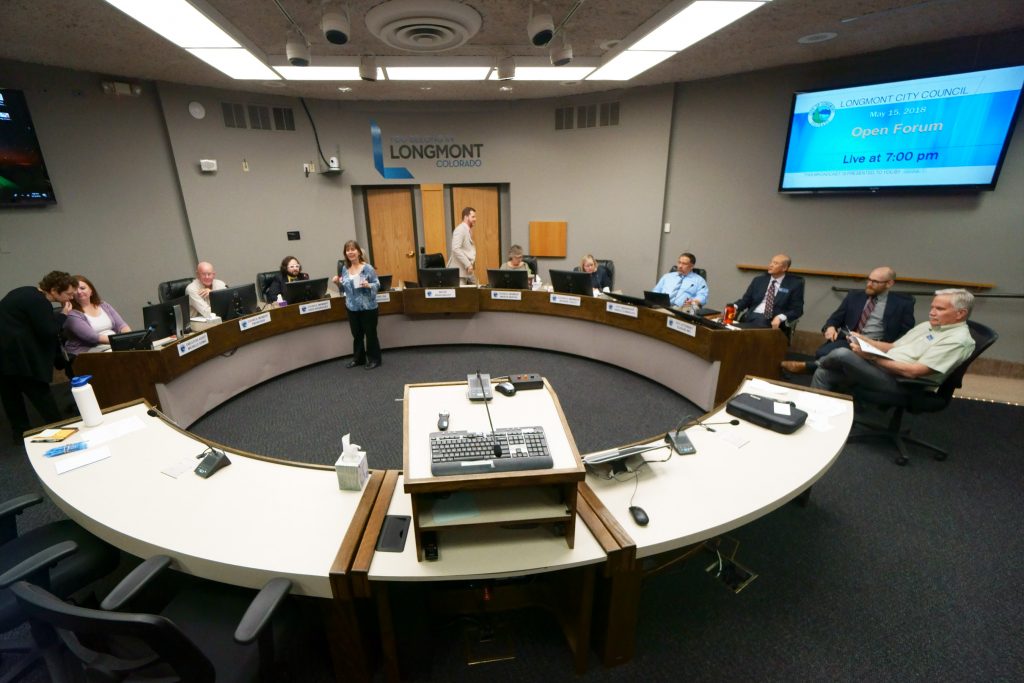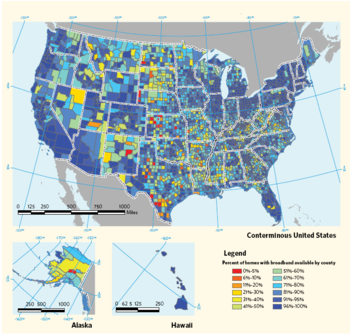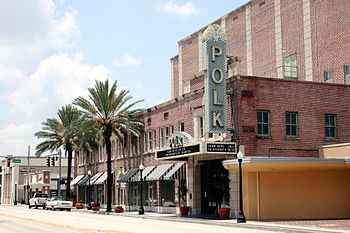“Who could beat Google at its own game? NextLight, that’s who.”
Congratulations Tom and LPC!
By Macie May
The following is a press release from the City of Longmont and is published by the Longmont Observer as a public service.
PC Magazine declared NextLight the fastest internet service provider in the country this morning, placing the community-owned internet provider at the top of its annual speed rankings.
The top spot had been held by Google Fiber in 2016 and 2017, which was knocked into second place this year by NextLight, Longmont’s fiber-optic network.
“Who could beat Google at its own game? NextLight, that’s who,” the magazine said in its 2018 ISP rankings. “There’s no denying small local players like this are the best hope we all have for seeing major gains in connectivity speed. … If you are choosing where to live in the U.S. based entirely on internet speed, consider buying or renting in Longmont.” Continue reading








